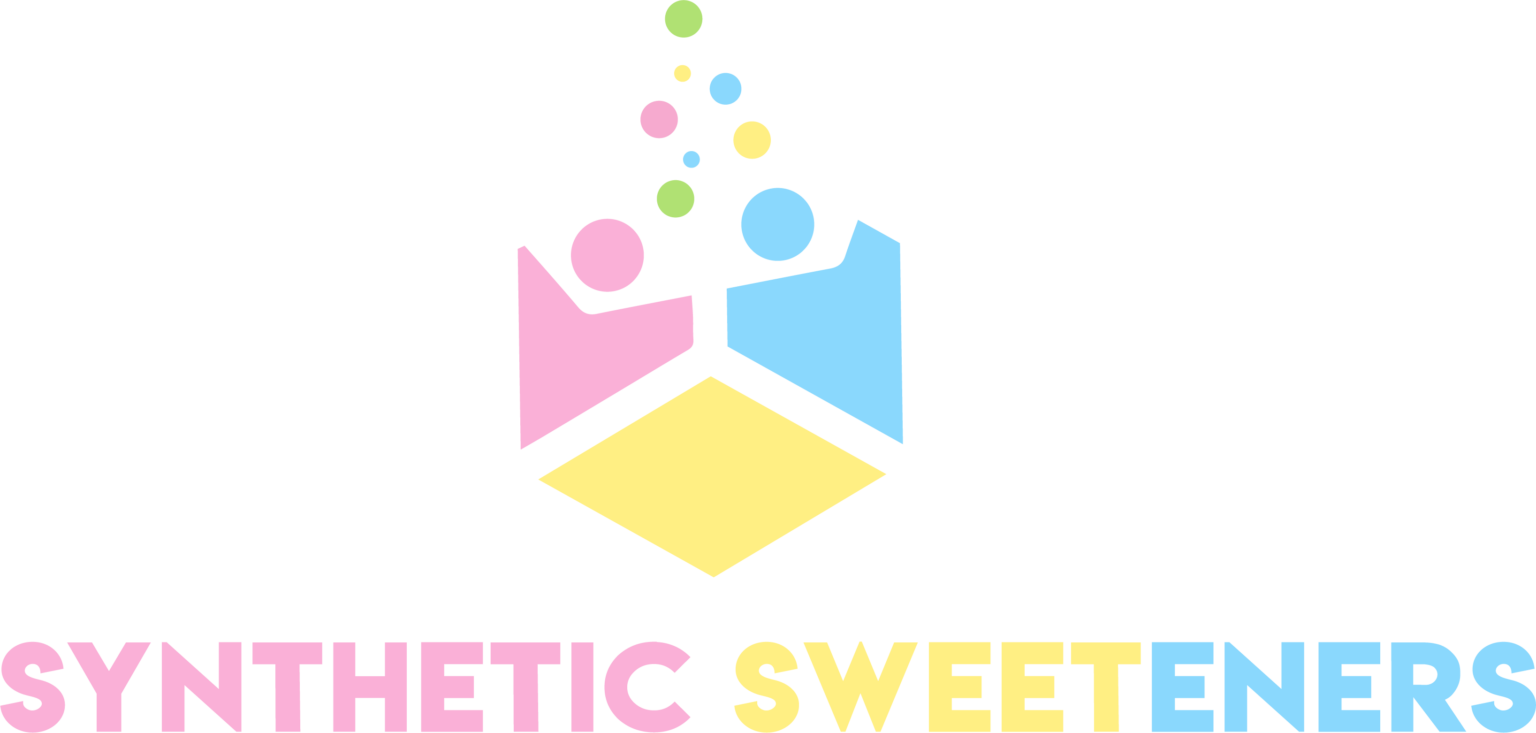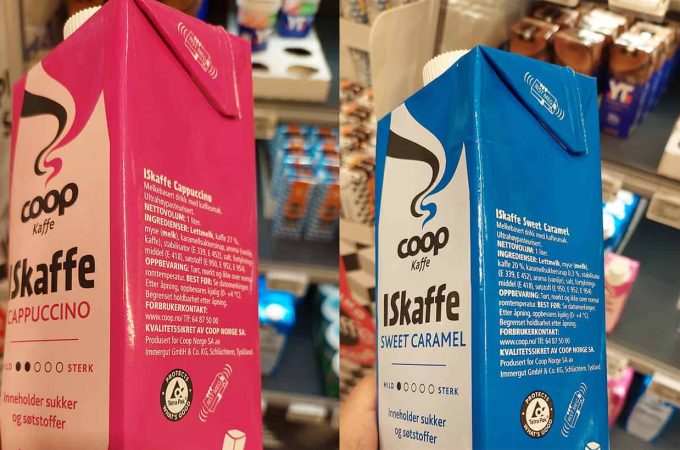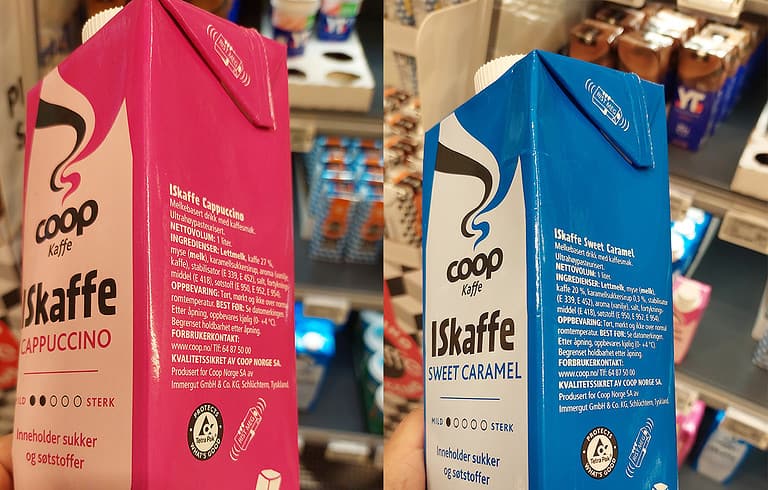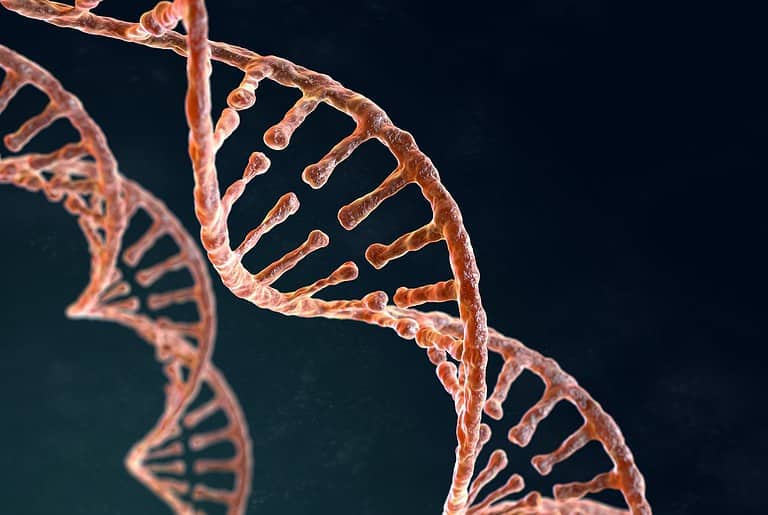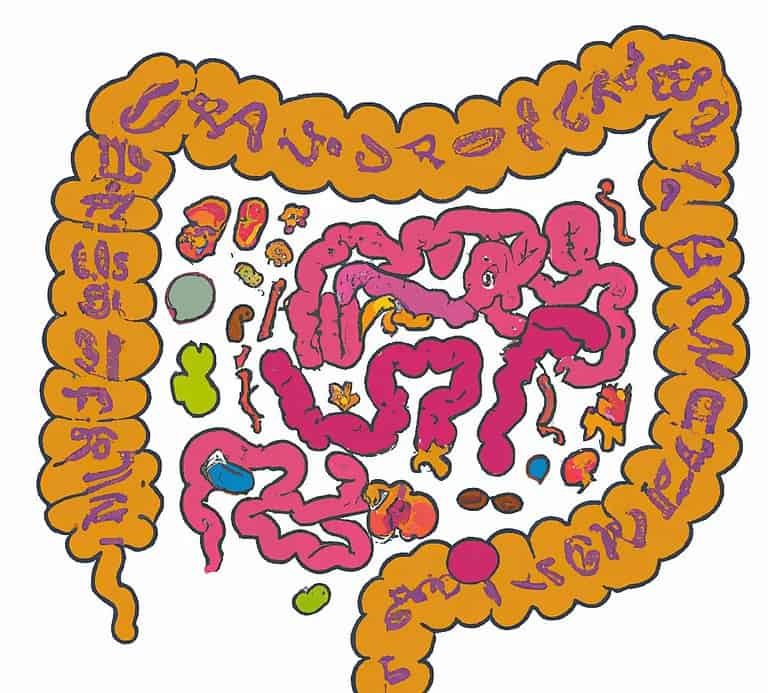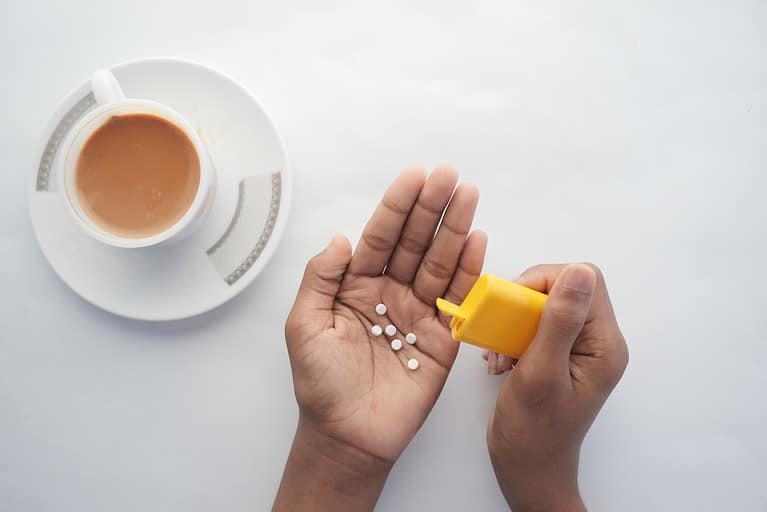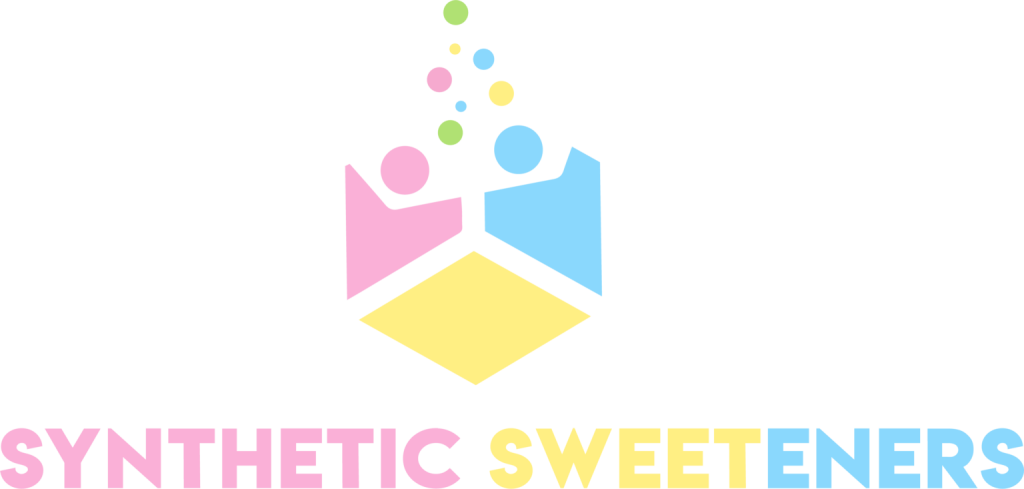A mildly confusing list of ingredients that is perhaps more apt to confuse than to enlighten?
Caramel sugar syrup is perhaps a somewhat imaginative description of what others call caramel sugar, or E150a. Using something you can call a fancy name for it, and at the same time using E-numbers for everything you might not want the consumer to think about, is it perhaps a bit on the edge?
For the uninitiated, we can go through the sweeteners in these 2 products which may appear to be the most unhealthy in the synthetically sweetened iced coffee category.
- E150a (Caramel sugar): E150a is Caramel sugar is generally bad for the digestive system. E150a can cause acid reflux and GERD symptoms. Essentially, since it is a form of sugar, it can cause all the negative health effects that sugar can (such as obesity, weight gain, heart disease, diabetes, cancer, malnutrition, etc.).. It is used as a coloring agent in foods and is generally considered safe when consumed in moderate amounts, but may have some unwanted side effects. E150a, caramel sugar, is not banned in any countries.
- E950 (Acesulfame K): Acesulfame K is an artificial sweetener. Most studies, which means; not all, have concluded that it is safe for human consumption when used in moderate amounts. However, some people may experience an imitation or metallic aftertaste with this sweetener. Acesulfame K is approved for use in food in most countries.
Possible side effects of Acesulfame Potassium E950:
# Acesulfame Potassium E950 contains acetoacetic acid which can inhibit the body’s metabolism.
# Rats tested with Acesulfame Potassium E950 may have higher chances of developing mammary tumors.
# Methylene chloride is used as a solvent in the production process of acesulfame potassium, can lead to side effects such as:Headaches, liver complications, mental confusion, cancer development, visual impairment and kidney disease. Methylene chloride is used in paint remover, degreaser and propellant.
Long-term exposure to methylene chloride can cause headaches, depression, nausea, diarrhea, mental confusion, liver damage, kidney damage, visual disturbances and cancer in humans.
- E952 (Cyclohexanesulfamic acid) with alternative names Sodium cyclamate and Calcium cyclamate. According to a number of studies, in some people it can lead to the formation of a substance (CHA) which, when given in significant doses in animal experiments, resulted in testicular damage.
- E954 (Saccharin) Saccharin is an artificial sweetener that has been the subject of controversy in the past. It is considered safe for consumption in moderate amounts. However, some studies in rats showed an increased risk of bladder cancer at high doses, but it is important to note that rats and humans have different biological responses. Saccharin is allowed in foods in most countries, including the US and the EU, but some countries have restrictions on its use.
It is important to note that food regulations can vary from country to country. Some countries may have restrictions or bans on certain additives based on their own assessments of safety and health effects. It is best to check the specific regulations and guidelines in each country for accurate information on the use and possible restrictions of these additives.
This product is manufactured by the German company Immergut GmbH & Co and sold in Norwegian COOP stores.
